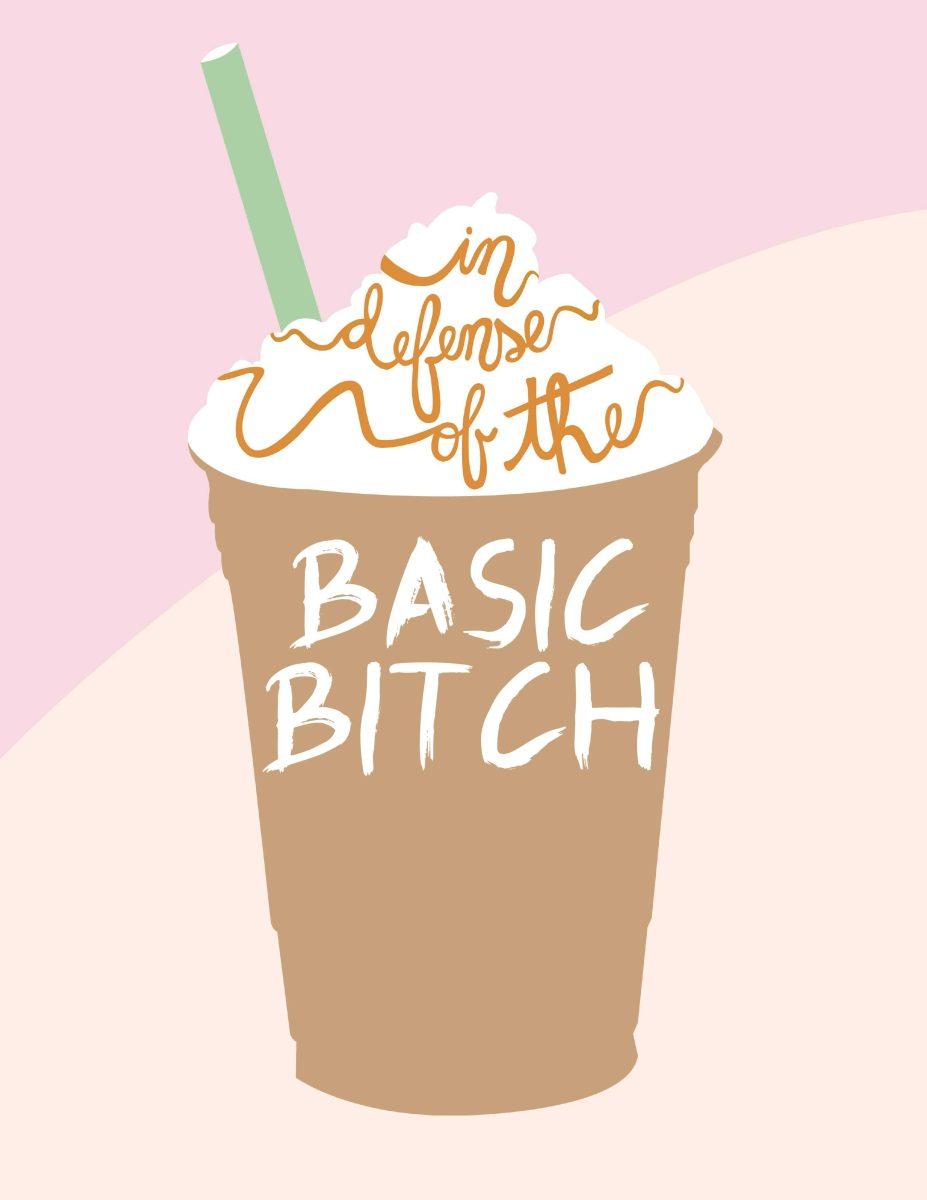The term “basic bitch” originated within the black community as an extension of the term “ratchet.” The original basic bitch was a stereotypical lower class African American woman – someone who wore Rainbow clothing, lace front wigs and drew on her eyebrows. Wearing large gold bamboo earrings, for example, was the trademark of the basic bitch.
Picture a woman that a highly ranked, white, male Republican would derisively refer to as a “welfare queen.” That’s the epitome of a basic bitch.
However, the phrase has recently evolved to describe an entirely different woman. As they are wont to do, white people appropriated the term for their own use; and, as often happens when the white community begins to utilize something they have appropriated, they replaced the original definition with their own.
Now picture a woman that a white, male intellectual would derisively refer to as a stereotypical sorority girl. That is the new basic bitch.
The term as it is currently used describes a girl who has worn Ugg boots and Nike shorts at the same time. Her favorite designer brand is Tory Burch. She Instagrams pictures of her non-fat iced caramel macchiato with the caption, “Thank god for Starbucks.” She and her best friend got matching infinity symbol tattoos on the inside of their wrists when high school ended as a way to slow the inevitable erosion of their friendship. She mostly identifies herself as a “Carrie,” though she strives to be a Charlotte – and her Samantha can come out when she’s had too many vodka waters. She has so many monogrammed items that you could assume she suffers with amnesia and must constantly remind herself what her initials are. She recently given up gluten.
People hate this girl, and they always have. Most see her as a person with no identity of her own, who passively consumes culture and mimics what is popular. In most people’s imaginations, she does not have any personality of her own. She is the well-liked girl in every ’90s high school movie; she dresses well, and she’s very sweet, but there is nothing unique about her.
Though it seems this girl is the imaginary invention of a society that prizes individuality, these women do exist. The original “Common White Girl” Twitter account, @girlposts, has 4.5 million followers. Tumblr was recently sold to Yahoo for more than one billion dollars. While printed media across the country fail to turn a profit, Cosmopolitan continues to publish questionable sex tips. These are all indications that basic bitches are living among us, and they are thriving.
But, as tempting as it is, we cannot judge these women; after all, we created them.
We crafted these imaginary “perfect” girls, using a combination of romantic comedies, melodramatic television shows about high schools in New York City, and celebrity profiles in weekly gossip magazines. We are the ones who mass-produced posters of Marilyn Monroe and Audrey Hepburn. We purchased more than 20 million Taylor Swift albums. We allowed crop tops and high waisted shorts to come back into fashion. Society built this Frankenstein monster, and now that it has become sentient, we must deal with the consequences.
Instead of judging a basic bitch, take responsibility for your part in creating her. Think more carefully at the messages within the media you consume. Take an active role in promoting smart, freethinking women. Don’t share listicles about how to be the “perfect Southern woman” on social media. Remind the people around you that liking pizza is not a trait on which to build an identity.
And – for the love of God – stop appropriating black terminology.










